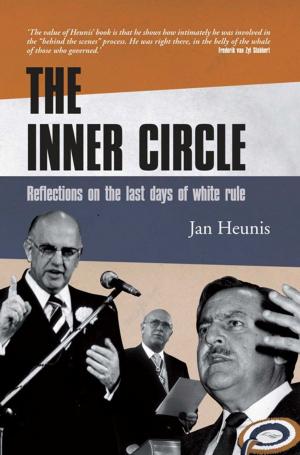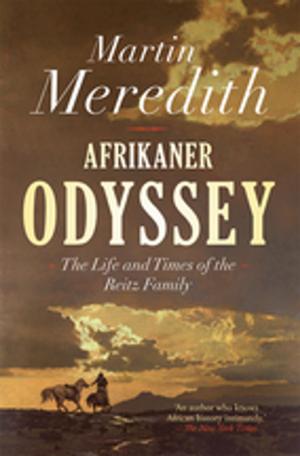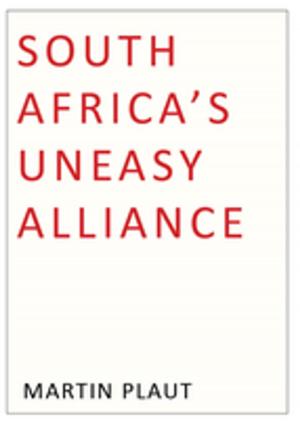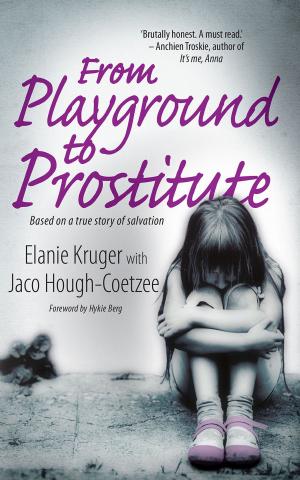People's War
New Light on the Struggle for South Africa
Nonfiction, Social & Cultural Studies, Political Science, Politics, Leadership| Author: | Anthea Jeffery | ISBN: | 9781868426362 |
| Publisher: | Jonathan Ball Publishers | Publication: | June 9, 2014 |
| Imprint: | Jonathan Ball | Language: | English |
| Author: | Anthea Jeffery |
| ISBN: | 9781868426362 |
| Publisher: | Jonathan Ball Publishers |
| Publication: | June 9, 2014 |
| Imprint: | Jonathan Ball |
| Language: | English |
Twenty years have passed since South Africans were being shot or hacked or burned to death in political conflict; and the memory of the trauma has faded. Some 20 500 people were nevertheless killed between 1984 and 1994. The conventional wisdom is that they died at the hands of a state-backed Third Force, but the more accurate explanation is that they died as a result of the people’s war the ANC unleashed.
As the people’s war accelerated from September 1984, intimidation and political killings rapidly accelerated. At the same time, a remarkably effective propaganda campaign put the blame for violence on the National Party government and its alleged Inkatha surrogate. Sympathy for the ANC soared, while its rivals suffered crippling losses in credibility and support.
By 1993 the ANC was able to dominate the negotiating process, as well as to control the (undefeated) South African police and army and bend them to its will. By mid-1994 it had trounced its rivals and taken over government.
People’s War shows the extraordinary success of this war in giving the ANC a virtual monopoly on power. It also shows, in part at least, the great cost at which this was achieved. Apart from the killings, the terror, and the destruction that marked the period from 1984 to 1994, the people’s war set in motion forces that cannot easily be reversed. For violence cannot be turned off ‘like a tap’, as the ANC suggested, and neither can anarchy easily be converted into order.
Anthea Jeffery holds law degrees from the University of the Witwatersrand and from Cambridge, and a doctorate in human rights law from the University of London. Her previous books include The Natal Story: Sixteen years of conflict and The Truth about the Truth Commission. Both books have been acclaimed for their meticulous and objective approach, and for breaking new ground on important and contentious issues.
Twenty years have passed since South Africans were being shot or hacked or burned to death in political conflict; and the memory of the trauma has faded. Some 20 500 people were nevertheless killed between 1984 and 1994. The conventional wisdom is that they died at the hands of a state-backed Third Force, but the more accurate explanation is that they died as a result of the people’s war the ANC unleashed.
As the people’s war accelerated from September 1984, intimidation and political killings rapidly accelerated. At the same time, a remarkably effective propaganda campaign put the blame for violence on the National Party government and its alleged Inkatha surrogate. Sympathy for the ANC soared, while its rivals suffered crippling losses in credibility and support.
By 1993 the ANC was able to dominate the negotiating process, as well as to control the (undefeated) South African police and army and bend them to its will. By mid-1994 it had trounced its rivals and taken over government.
People’s War shows the extraordinary success of this war in giving the ANC a virtual monopoly on power. It also shows, in part at least, the great cost at which this was achieved. Apart from the killings, the terror, and the destruction that marked the period from 1984 to 1994, the people’s war set in motion forces that cannot easily be reversed. For violence cannot be turned off ‘like a tap’, as the ANC suggested, and neither can anarchy easily be converted into order.
Anthea Jeffery holds law degrees from the University of the Witwatersrand and from Cambridge, and a doctorate in human rights law from the University of London. Her previous books include The Natal Story: Sixteen years of conflict and The Truth about the Truth Commission. Both books have been acclaimed for their meticulous and objective approach, and for breaking new ground on important and contentious issues.















